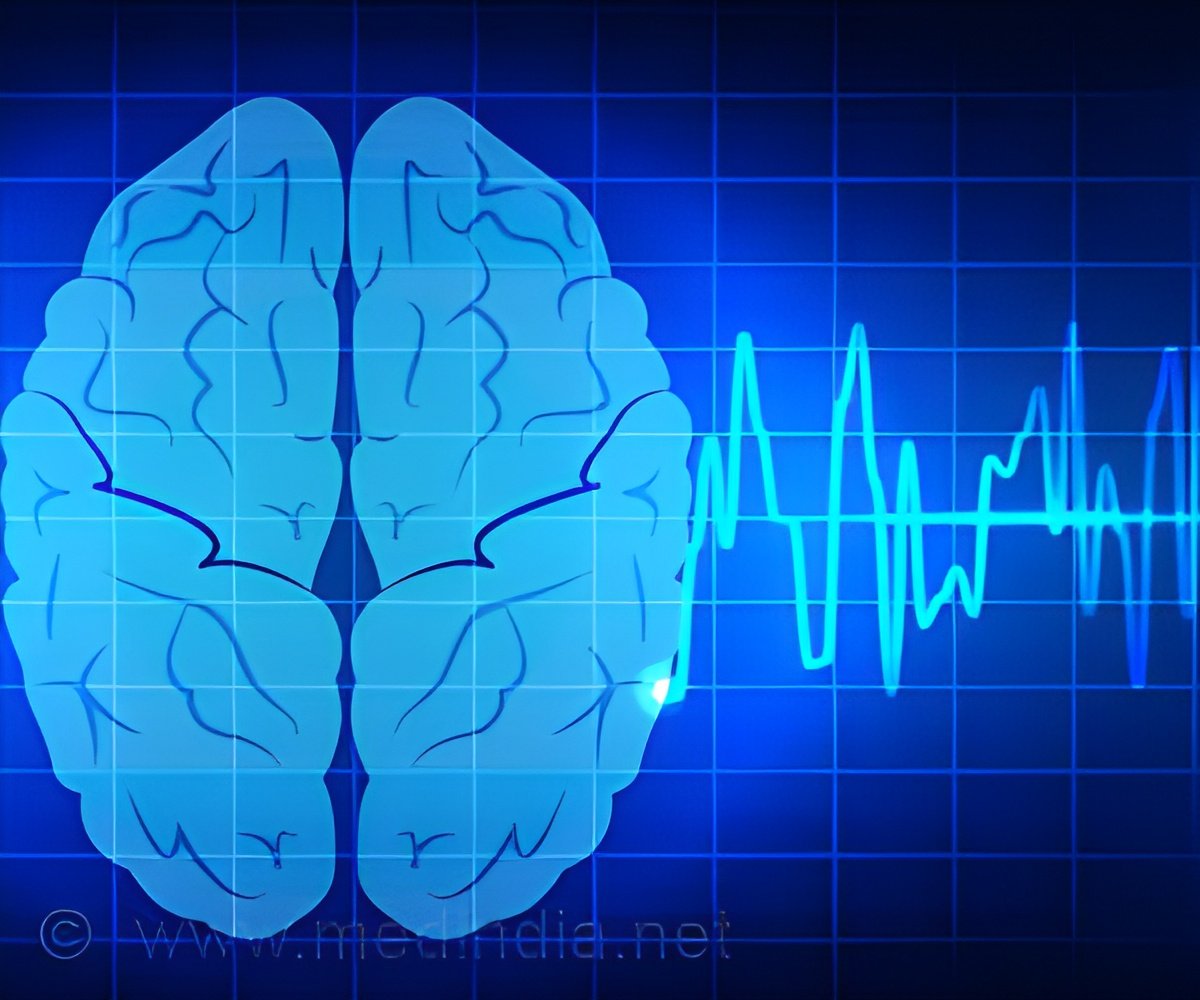A new study has found why sleep can put people with epilepsy at increased risk of sudden death. Seizures during sleep are more likely to lead to dangerously slow heart rate.

"We have been trying to better understand the cardiac changes around the time of a seizure in patients with epilepsy. When we looked at the heart rates for patients with epilepsy admitted to the hospital, many of them develop tachycardia [a fast heart rate] following a seizure, but a subset of patients have a decreased heart rate. This decline was more pronounced when the patients were asleep," said Andrew Schomer, MD, of UVA's Department of Neurology and the UVA Brain Institute. "The mechanism of SUDEP, or Sudden Unexpected Death in Epilepsy, is still not fully understood. We know there is an increased risk during sleep and if seizures are poorly controlled. Hopefully with further study we can try to identify individuals who are at an increased risk and work to prevent this devastating outcome."
Understanding SUDEP in Sleep
Doctors have been unsure how seizures in sleep can cause death, such as was the case with young Disney Channel star Cameron Boyce in 2019. He died of SUDEP while sleeping at age 20. (While SUDEP can occur when patients with epilepsy are awake, the majority of cases occur during sleep.)
To better understand the effect of sleep seizures, UVA researchers led by Schomer and Mark Quigg, MD, MSc, monitored the brain and heart activity of people with epilepsy as they slept. The patients were admitted to the UVA Epilepsy Monitoring Unit between February 2018 and August 2019, and all were 17 or older.
In total, the researchers evaluated 101 sleep seizures in 41 patients, with a median age of 40.5. The participants were, on average, diagnosed more than 20 years previously.
Advertisement
The results suggest that seizures during sleep are more likely to lead to dangerously slow heart rate. The effect of the seizure is secondary to the natural slowing of the heart rate during sleep, the researchers believe, but the two together can, in some instances, prove deadly.
Advertisement
"People with poorly controlled seizures have the greatest risk of SUDEP, and seizures during sleep may hold the higher risk," said Quigg, of UVA's Department of Neurology and the UVA Brain Institute. "Our findings can direct further research to determine how the heart's and lung's control systems fail during sleep-related seizures in order to help prevent SUDEP."
Source-Eurekalert















